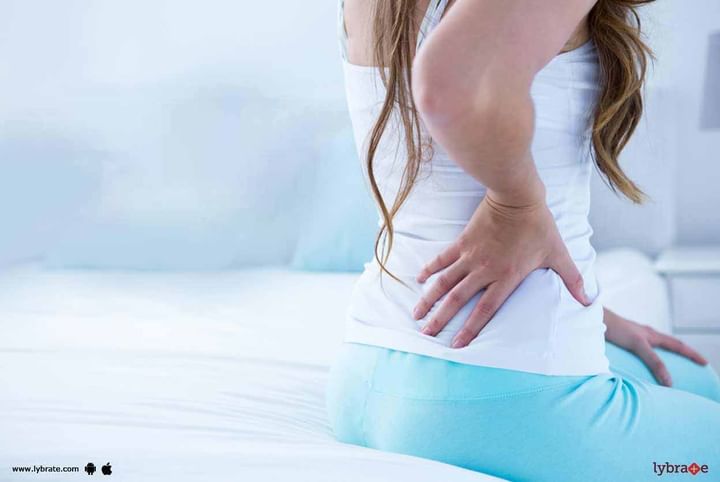Slip Disk Problems - How To Prevent It?
Slip disk is a condition of the spinal column which consists of a stack of vertebras from the cervical, thoracic and the lumbar spine.The bones of the spine are cushioned by disks that are present to absorb shocks. Trauma to the spine may cause the disk to bulge or be ruptured. This may lead to pain in the neck and the back.
Causes of slip disk
Slip disk is caused when the jelly like substance present in the disks bulges out. The damaged disk thus puts pressure on the adjacent nerve causing excruciating pain. The various causes of a slipped disk are:
1. Incorrect form during exercise
If you are into weight lifting, it is important that you use proper form during exercising. Moves like barbell squat and deadlifts can put pressure on the spine and lead to disk problems, if not done correctly. Make sure you work on your core strength and keep your lower back straight while exercising.
2. Smoking
Smoking causes the disks to lose their flexibility and thus, increases the risk of slipped disk.
3. Ageing
Ageing decreases the content of water in the spine, thus leading to inflexibility.
Symptoms
The symptoms of slip disk are:
1. Pain on one side of the body that tends to aggravate over time
2. Activities such as sitting and coughing may lead to pressure on the spine causing pain
3. Your range of motion on certain movements may be restricted
4. Pain in the neck while moving it
5. Numbness in the shoulder and the neck region
6. You may experience tingling sensations in the genitals, hips and the legs
7. You may have muscles spasms which lead to sudden contraction of the muscles
8. It may also lead to partial paralysis of the lower body
Prevention
1. If you are overweight, try to reduce weight and then focus on maintaining healthy weight levels
2. Maintain proper posture while sitting or standing
3. Exercise on a regular basis to build strength and keep your joints healthy
4. Don't remain in seated position for an extended period of time. Take small breaks in between to stretch



+1.svg)
